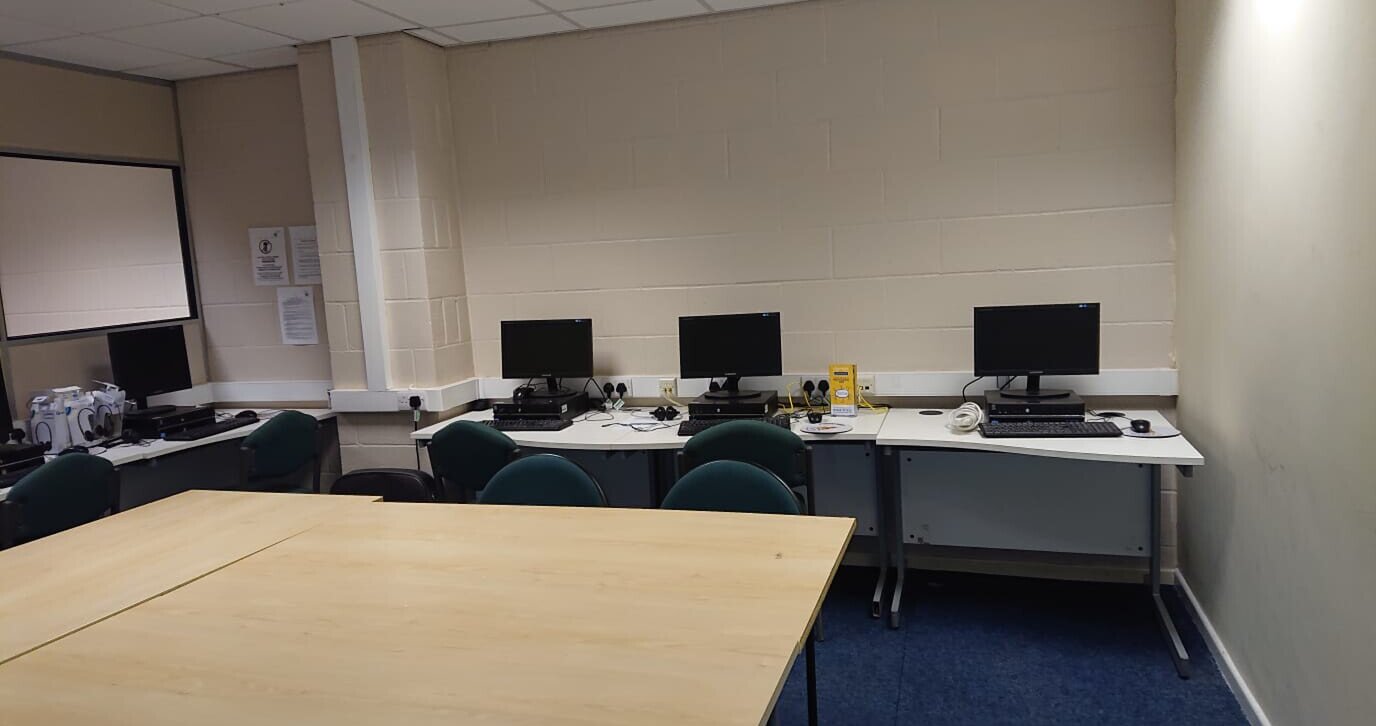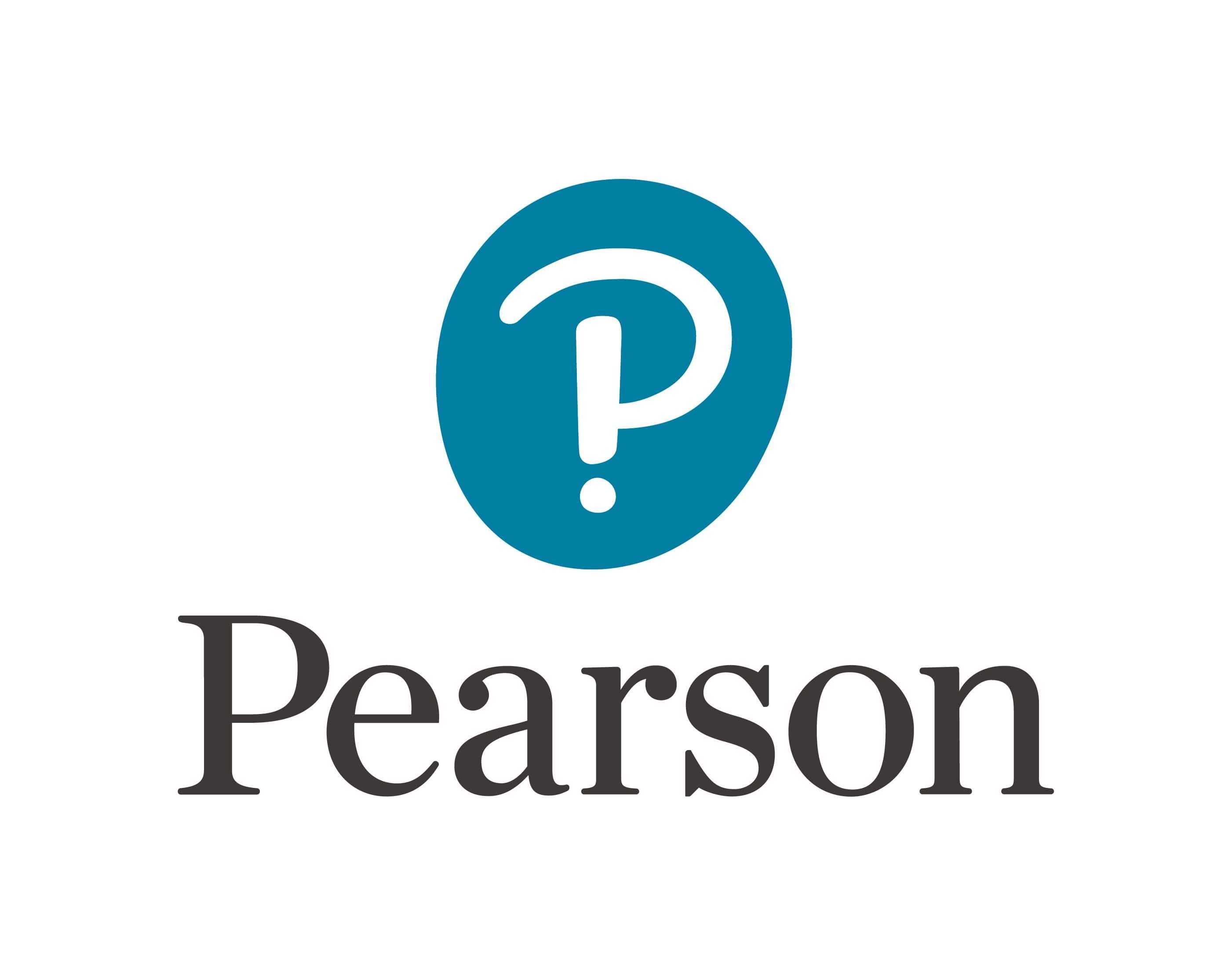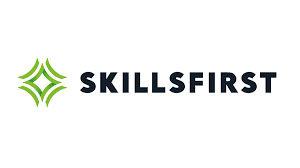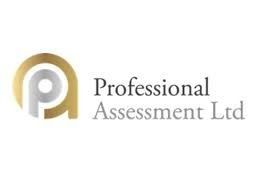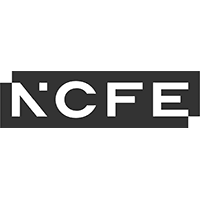Thinking about taking on an Apprentice
If you are recruiting, taking on an Apprentice is a great way to employ someone and train them alongside their new job role. Apprenticeships can also be a training option for existing employees who want to gain a qualification.
- Can make workplaces more productive by introducing new skills and ideas
- Organisations receive Government funding towards training
- Employers can create tailored programmes that meet their exact needs
- Cost-effective, low risk way to grow the workforce
Find out more about apprenticeships here https://www.apprenticeships.gov.uk/
What is an Apprenticeship
An apprenticeship is a way to train in a certain sector to obtain the required skills and knowledge.
To obtain the skills and knowledge apprentices must be employed ideally full time in the chosen sector as part of the apprenticeship will be looking at hands on experience.
Apprentices attend workshops either at our venue or for groups at the employers location.
All apprenticeships vary in minimum duration.
They will need to be on the course for at least a year and 7 days before they are able to go to gateway and get ready for the End Point Assessment.
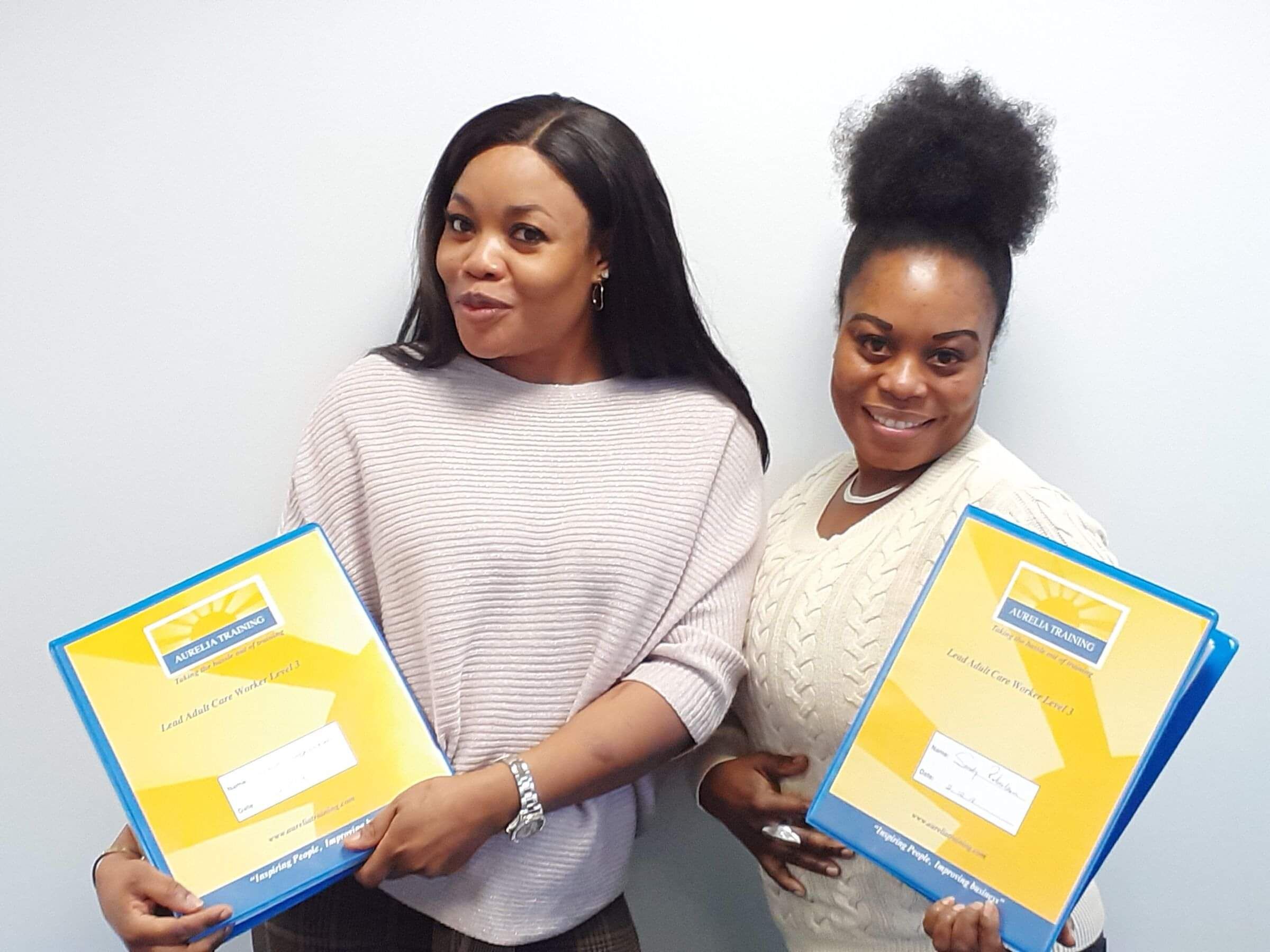
On Programme Learning
With some of the apprenticeships there is a mandatory Diploma, however we include this in them all which we use to map over to the standard. This then gives learners another accredited qualification in their apprenticeship.
The Diploma will consist of mandatory unit, with some offering additional optional units to suit your role.
Observations/Professional Discussions - Observations are done at the learners place of work and will be dependent on what items need to be observed, same with the professional discussions.
Functional Skills
Functional Skills are qualifications in English and Maths that equip learners with the practical skills needed to live, learn and work successfully.
Learners may be exempt from these if they hold and can provide evidence of equivalent qualifications, like GCSEs, Key skills etc.
Level 2 apprenticeships: learners must achieve Level 1.
Level 3 and Higher apprenticeships: learners must achieve Level 2.
English and Maths are taught by qualified teachers as part of Apprenticeship courses.
Delivery is undertaken during scheduled workshops with additional support being provided in the form of additional sessions, one to one support and specific resources that may be required.
End Point Assessment
The End Point Assessment take place after all other elements of the apprenticeship are complete.
The provider, employer and learner must agree when the apprentice is ready for gateway, once the apprentice reaches Gateway they have 12 weeks to take the EPA.
This will vary dependent on course and level. This can be multiple choice exam, professional discussion, observation,structured interview, a showcase, project or a presentation. For the majority of apprenticeships the EPA will consist of 2 or more elements.
The EPA is delivered externally. so our trainers make sure you are ready and as confident as possible.
